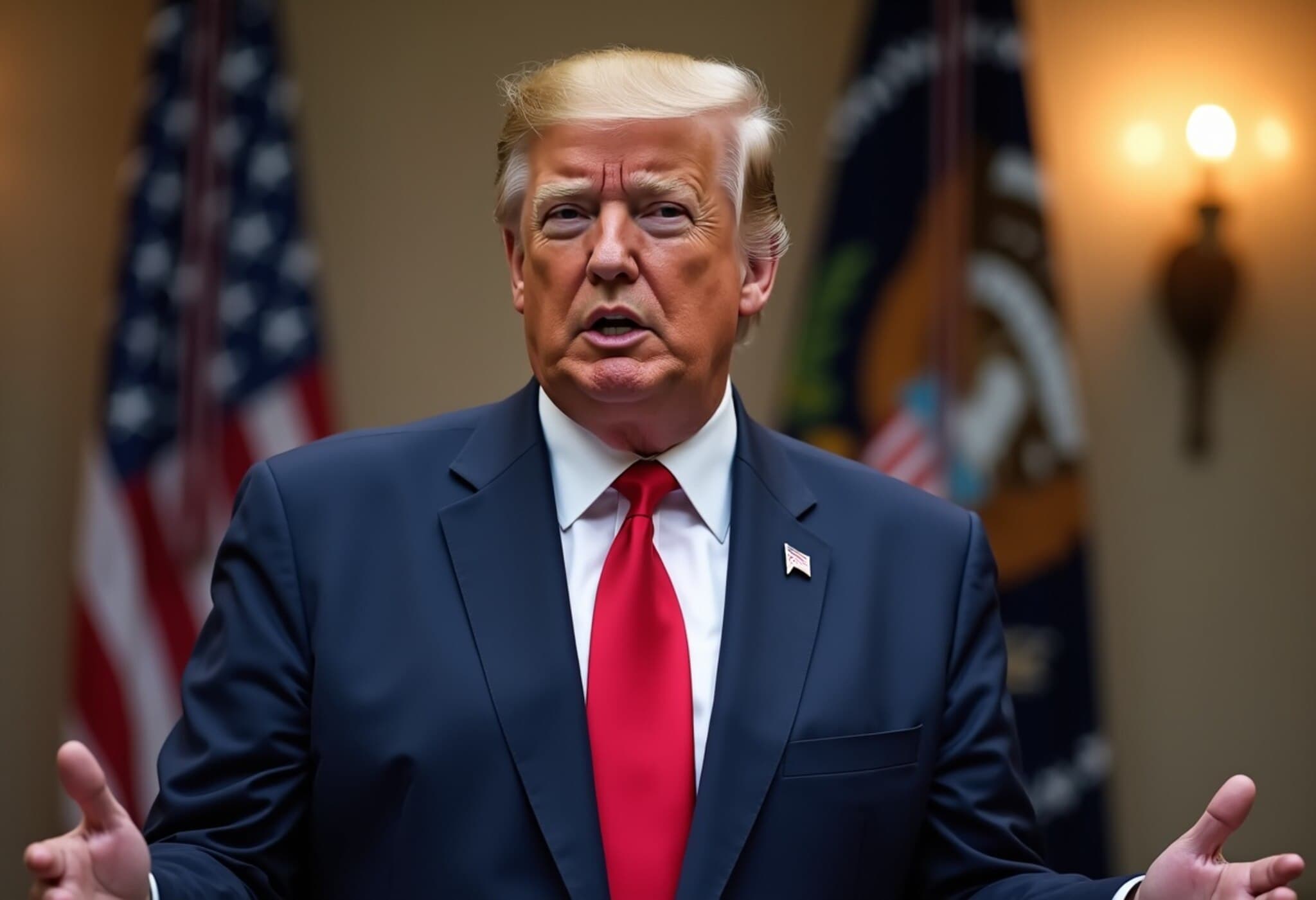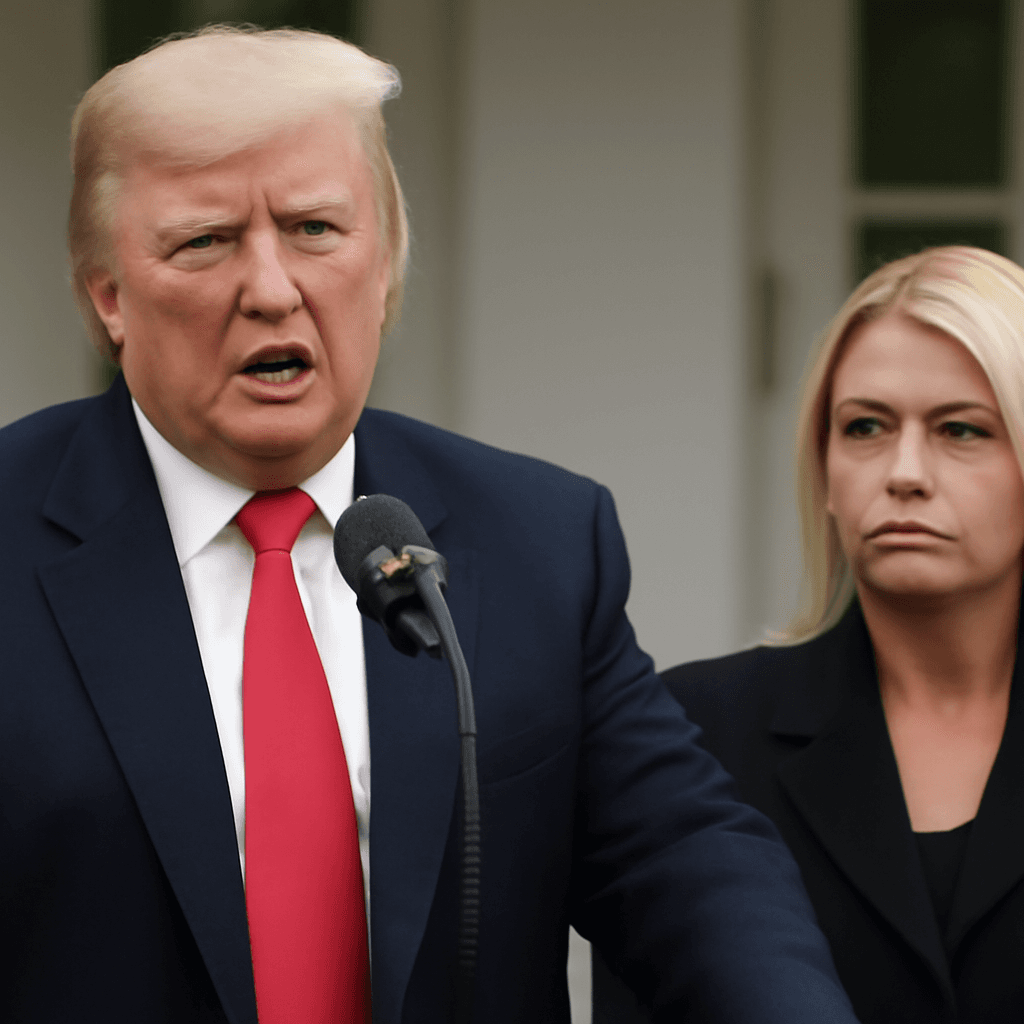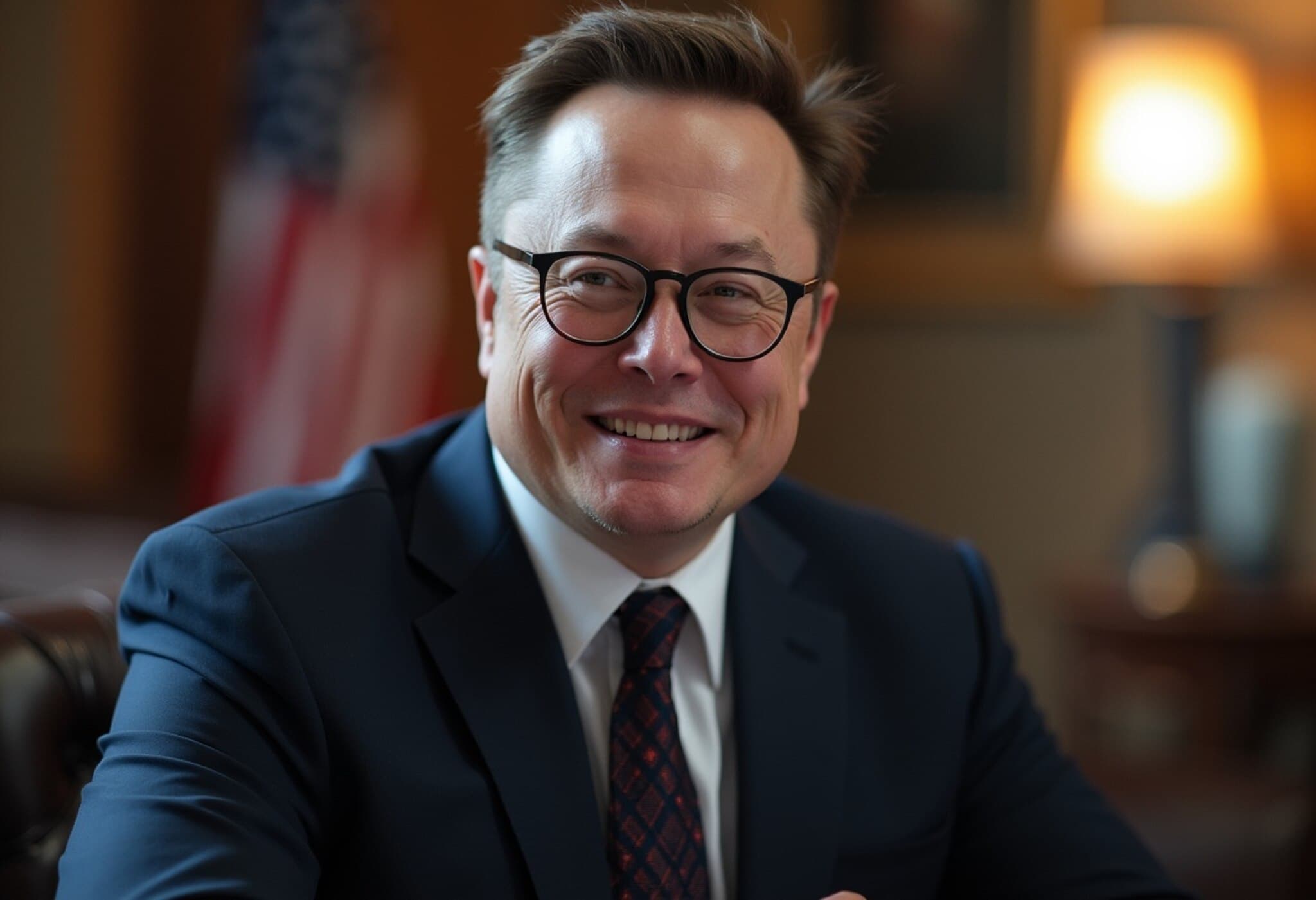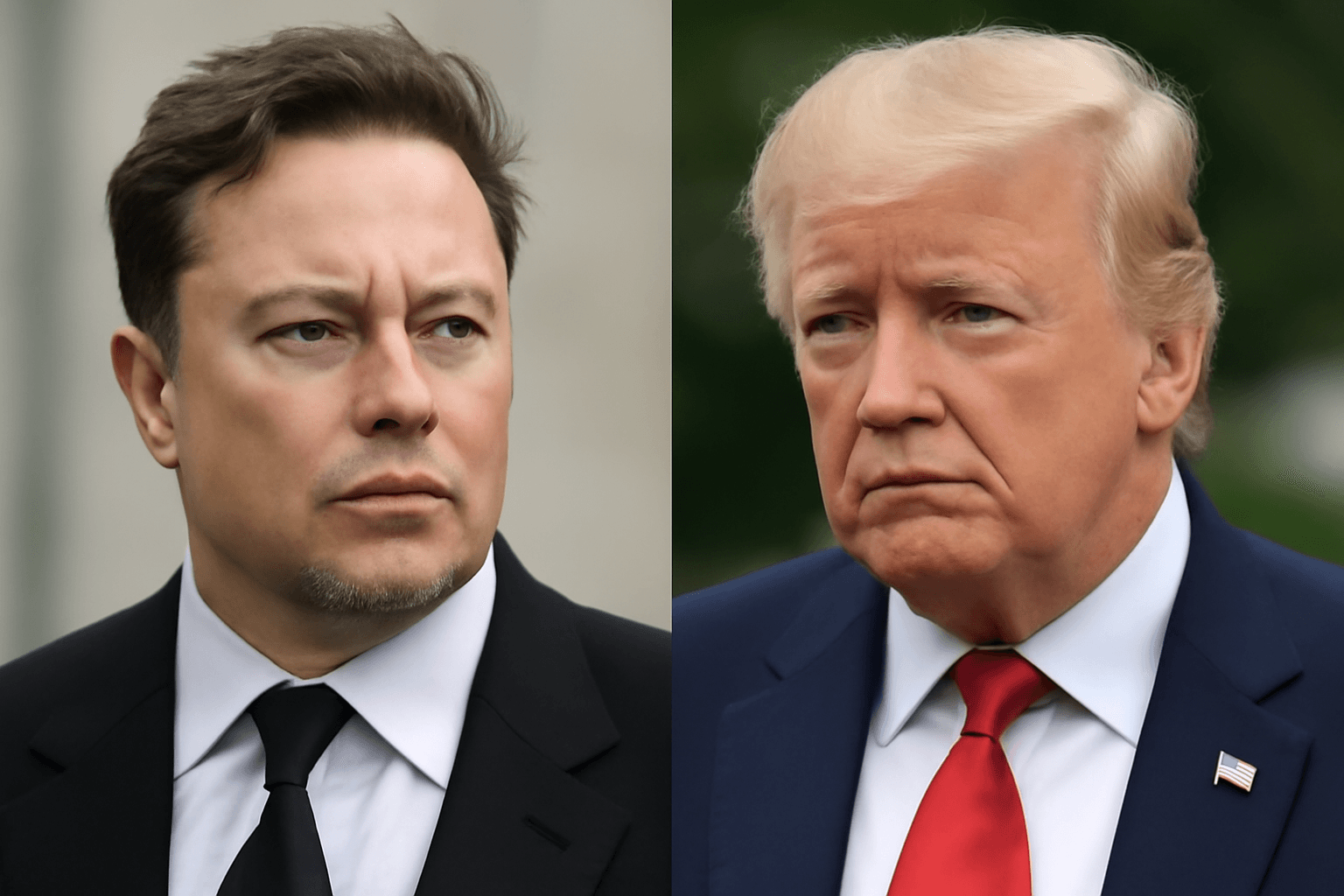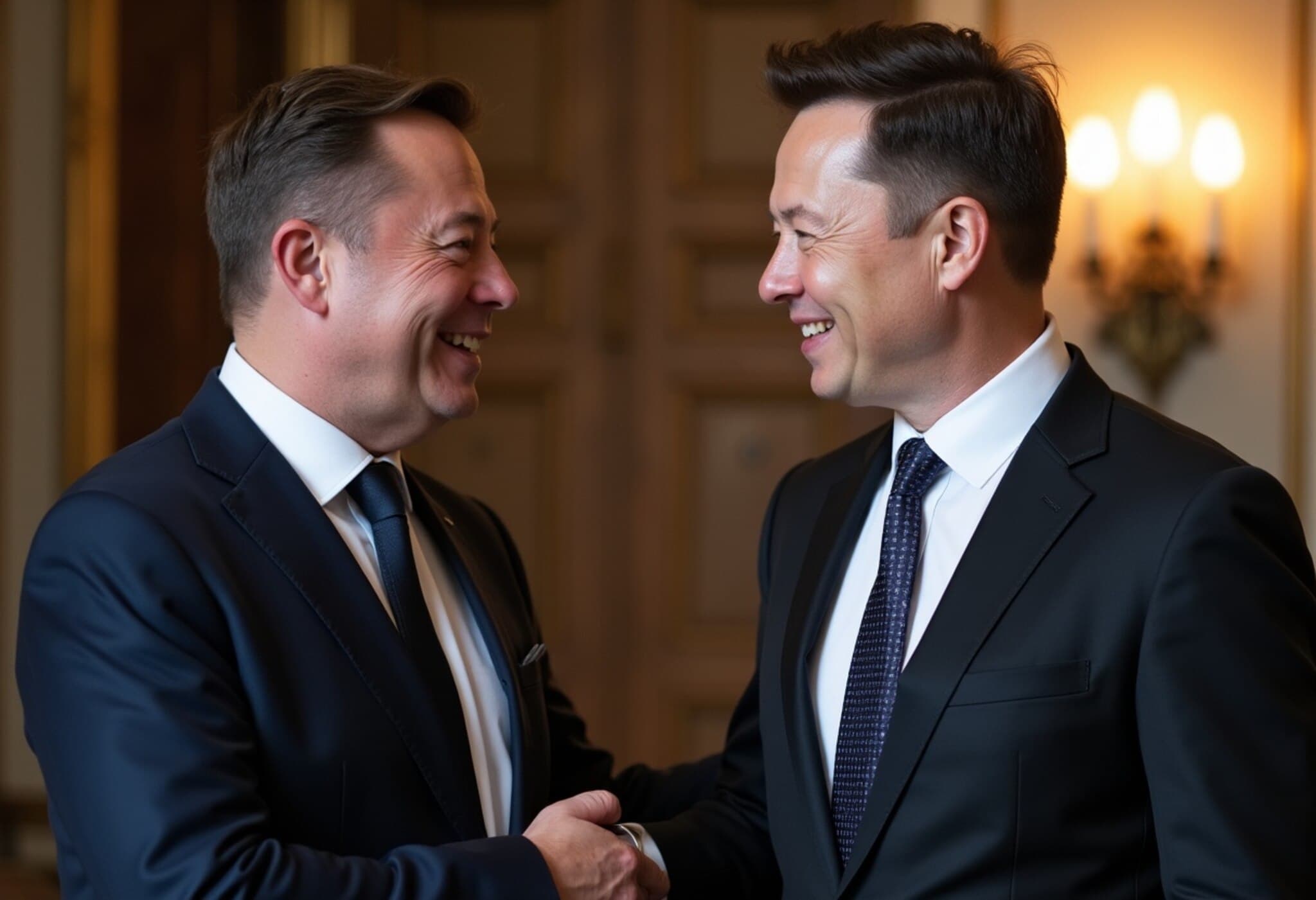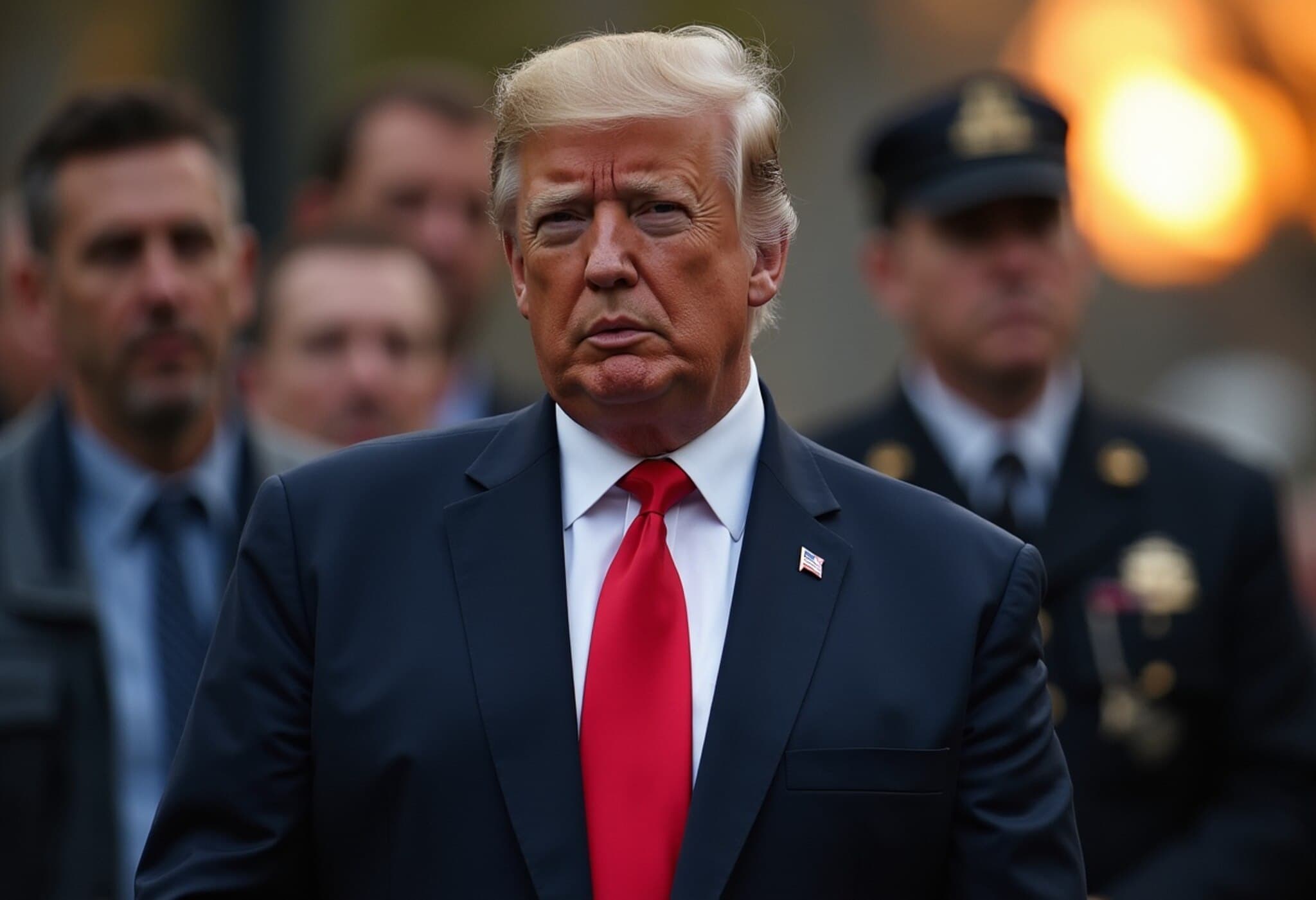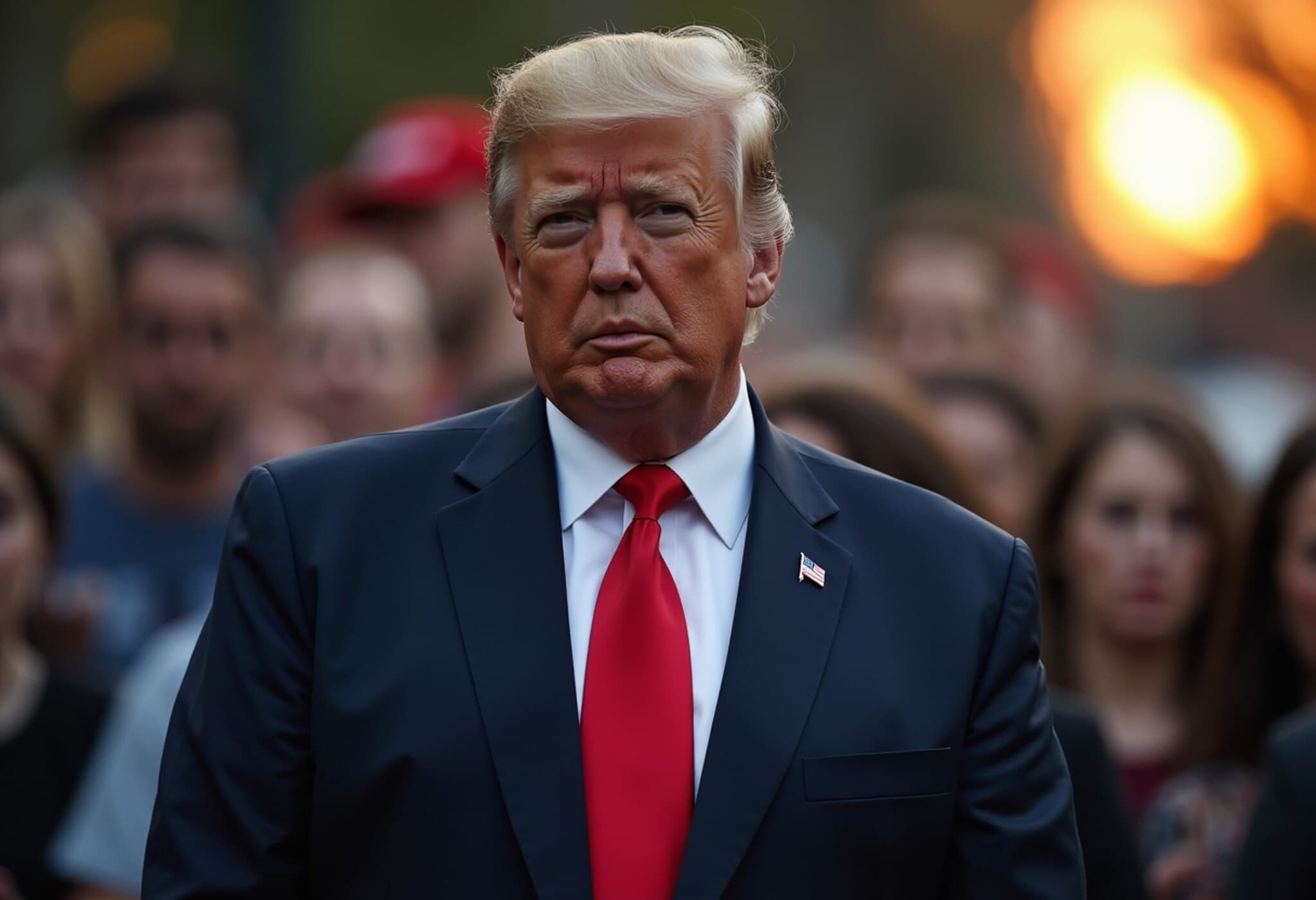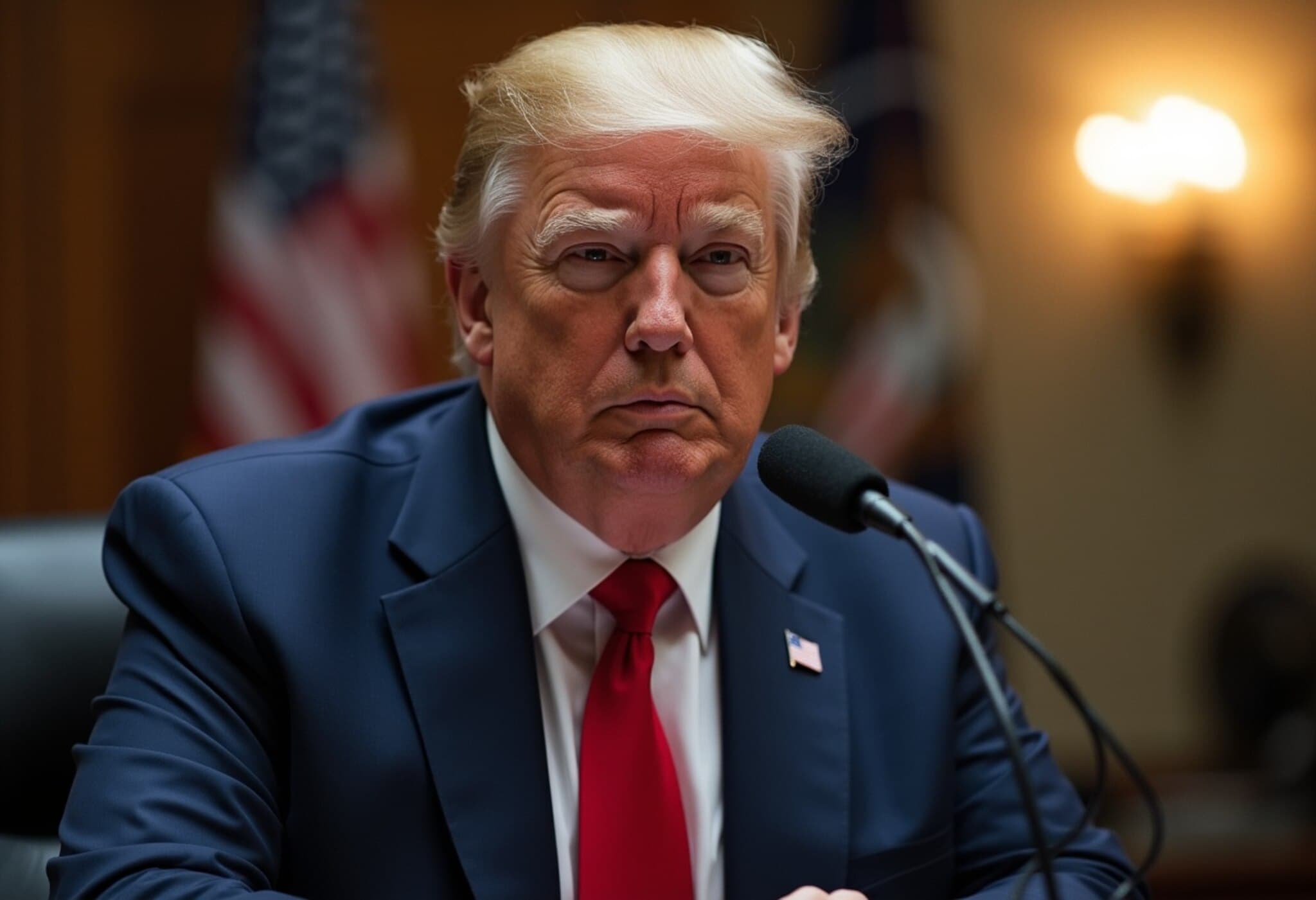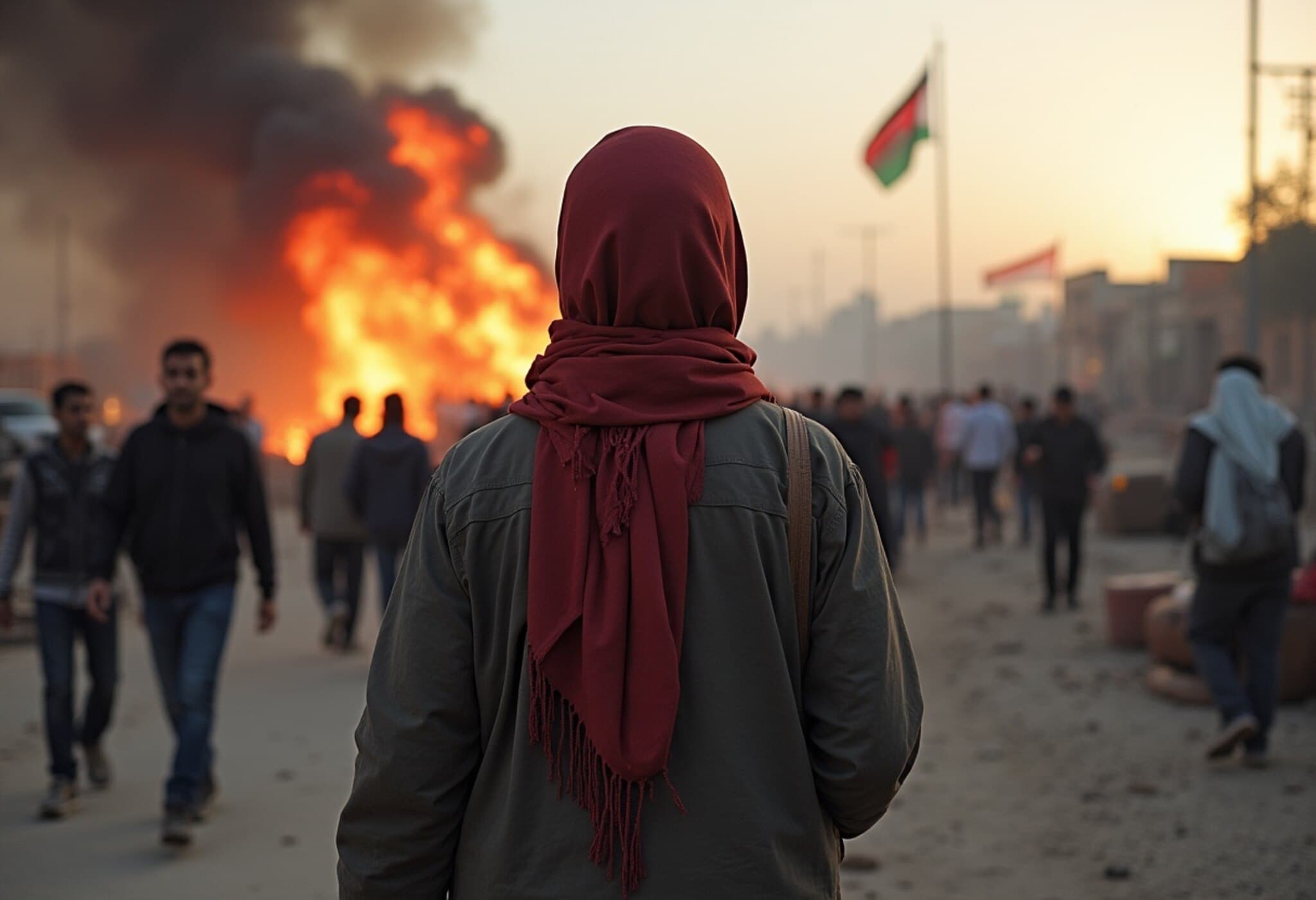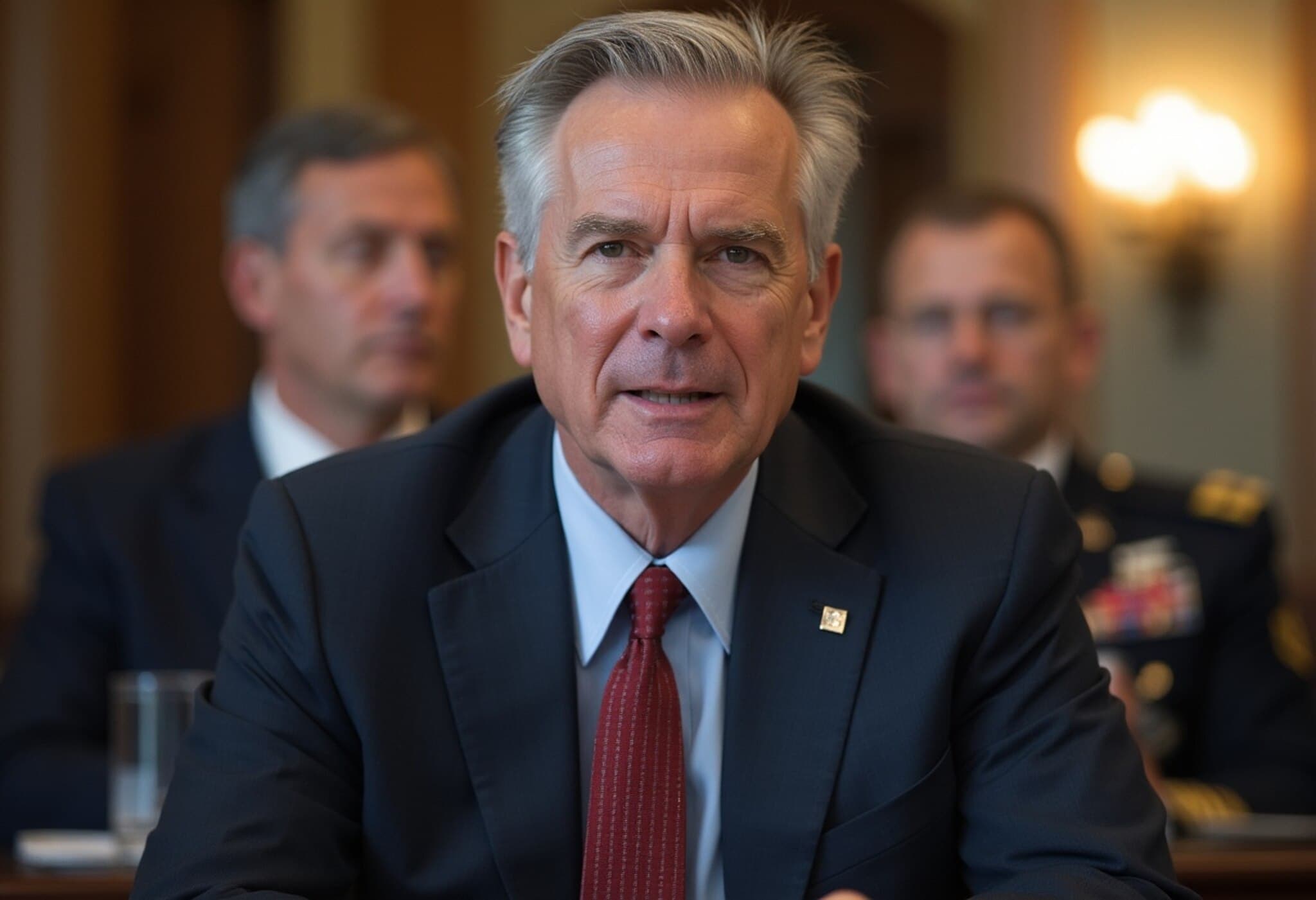Donald Trump Denies Creating Controversial Drawing Amidst Evidence of Charitable Artwork
In a recent and emphatic denial, former President Donald Trump rebuffed claims reported by The Wall Street Journal that he sent Jeffrey Epstein a sexually suggestive birthday drawing in 2003. Taking to his social media platform Truth Social, Trump declared simply, “I don't draw pictures.” Yet, a broader look into his past reveals a more complex story: Trump frequently sketched and donated various drawings to New York-based charities in the early 2000s — and many of these artworks have since sold at auction for thousands of dollars.
The Contradiction Between Denial and Documented Charitable Artworks
Multiple auctions have featured Trump’s sketches, which often include cityscapes, famous landmarks, and stylized images rendered with a thick black marker and bear his unmistakable signature. For example:
- “Money Tree”, a drawing that reportedly sold for $8,500 at Leland Little Auctions.
- A Manhattan skyline sketch auctioned through Nate D. Sanders Auctions.
- A sketch of the George Washington Bridge from Julien’s Auctions.
These pieces counter Trump's assertion that he simply doesn’t draw. Rather, during his years as a high-profile real estate magnate, Trump appeared to embrace casual sketching as a philanthropic tool.
Art as Fundraising: Trump’s Charitable Endeavors Against Hunger
Trump detailed his habit of drawing in his 2008 book Trump Never Give Up: How I Turned My Biggest Challenges Into Success. He explained:
"It takes me a few minutes to draw something, in my case, it's usually a building or a cityscape of skyscrapers, and then sign my name, but it raises thousands of dollars to help the hungry in New York through the Capuchin Food Pantries Ministry."
Through that lens, Trump’s sketches were less about artistic prowess and more a creative method to marshal funds for social causes. The Capuchin Food Pantries Ministry, based in New York, provides crucial aid to families facing food insecurity, highlighting an underreported charitable effort connected to these drawings.
Contextual Perspectives and Underlying Questions
Trump’s denial amid mounting evidence raises important questions:
- Why distance himself from these drawings now? The political and social implications of being linked with Jeffrey Epstein, a convicted sex offender, have enormous consequences. Thus, reframing or denying past artwork may be an attempt to manage reputation rather than an accurate reflection of past behaviors.
- How do charitable sketches fit into the broader image of Trump? While not traditionally known as an artist, Trump’s use of art for fundraising illustrates an unconventional intersection of celebrity, creativity, and philanthropy.
- What does this say about the public’s relationship with political figures’ personal narratives? The discrepancy highlights the complexity of public personas that often adapt based on political expediency or media scrutiny.
Expert Commentary: The Role of Art and Authenticity in Political Fundraising
From a policy perspective, celebrity donations, including artwork, play a significant role in fundraising efforts for non-profits — but they also serve to build narrative capital for public figures. According to media analyst Dr. Helen Grayson, "Politicians often leverage non-traditional methods, like art or memorabilia, to generate goodwill and financial support. However, when discrepancies arise between statements and documented history, trustworthiness can erode quickly in the public eye."
Moreover, American political culture increasingly demands authenticity. The gap between Trump’s present claims and past actions exemplifies challenges faced by public figures trying to reconcile personal myths with public accountability.
Conclusion
While Donald Trump denies drawing any suggestive sketches for Jeffrey Epstein, archived sales and charitable donations tell a nuanced story of a man who engaged with art as a strategic fundraising tool. This dual reality invites reflection on the complexities of political image management and how personal narratives evolve, often in response to public scrutiny.










